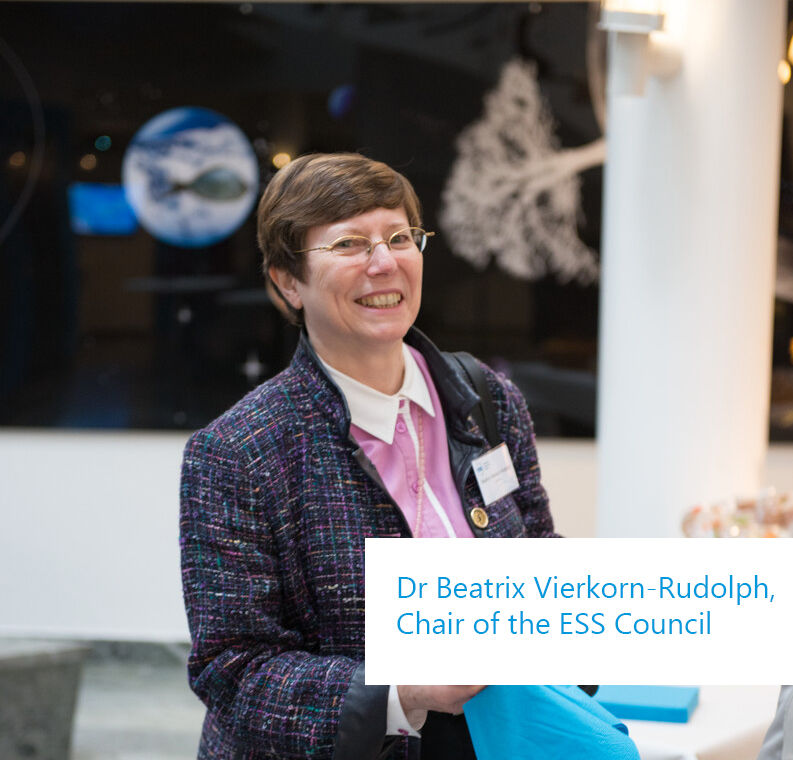
It has been an unusual year all over the world. As the ESS project progresses into the fourth quarter of 2020, we talk to Chair of the ESS Council, Beatrix Vierkorn-Rudolph, about heading up the ESS Council during a global pandemic, advancing science for a better world, and advice she would offer young women choosing to pursue a career in the sciences.
Part 2: Transforming science for a better world
Some are saying that this pandemic makes a strong case for the need for research facilities like ESS. What are your thoughts on this?
Hopefully, it is recognised by legislators and government officials but also from the wider public that research infrastructures can really bring in completely new research results - not only in the area of medical research but also in the area of other global societal challenges like energy, environment research or materials research as a whole. If ESS would have been open to researchers at this time, we would, of course, be able to have more impact in areas like the bio-sciences, but for the moment, we are still a few years away from being open for scientists to come to execute their experiments here. We are still aiming for very first science in 2023!
How easy is it to convey the value to the public at large so they can understand what ESS offers to society?
This is certainly something we have been discussing in the ESS Council and with ESS management.
I feel it is necessary to tell the story of what such a facility could offer researchers in the biological sciences but also in other areas – of how the experiments that will be performed here could lead to scientific breakthroughs that advance science and society!
There is also a necessity to convey to the public that this facility also brings in possibilities for companies especially small and medium-sized companies to construct very special components and this provides possibilities for jobs as well, not only in the companies but also at the facilities themselves. I am talking about components not just for research facilities, but also on an industrial level.
On a broader scale, what are your thoughts on how the pandemic could impact science as a whole.
I hope people will understand that research is necessary, and brings advances to life and humanity. Research is more advanced today, and everything you use in daily life has science in it. If you consider a mobile phone - there is so much capacity in such a small thing. If you think back to former days, it was a huge computer set-up that was needed to do what your phone, which fits in your pocket, can do today.
Similarly, with taking photos. In former days, you needed a big camera and now we have it in our phones and these are some of the smallest cameras in the world – which can convey to you at what small scale research is operating and that is what ESS can help with at even more minute scales when it comes to materials research at a nano-scale level.
This is also a bit of a challenge here that people easily forget, or at least, are oblivious to the science behind everyday things.
ESS could be a symbol of hope in a world that needs hope, made very apparent during this pandemic. What are your thoughts on such a statement?
ESS is not a medical research facility but, in the future, researchers will be able to conduct research in a bio-medical area at ESS, although it is more in the area of basic science. For example, ESS will not be able to produce a vaccine but it will certainly be able to help scientists find a vaccine. ESS will be an enabler.
What do you think about the investments we need to make in science for a better world?
I think it is needed now more than ever. If we look around us, and at environmental challenges or on energy consumption, clean air, better and longer lives for all inhabitants of the world, all are challenges that need research and without that, we will come to a stand-still.
























